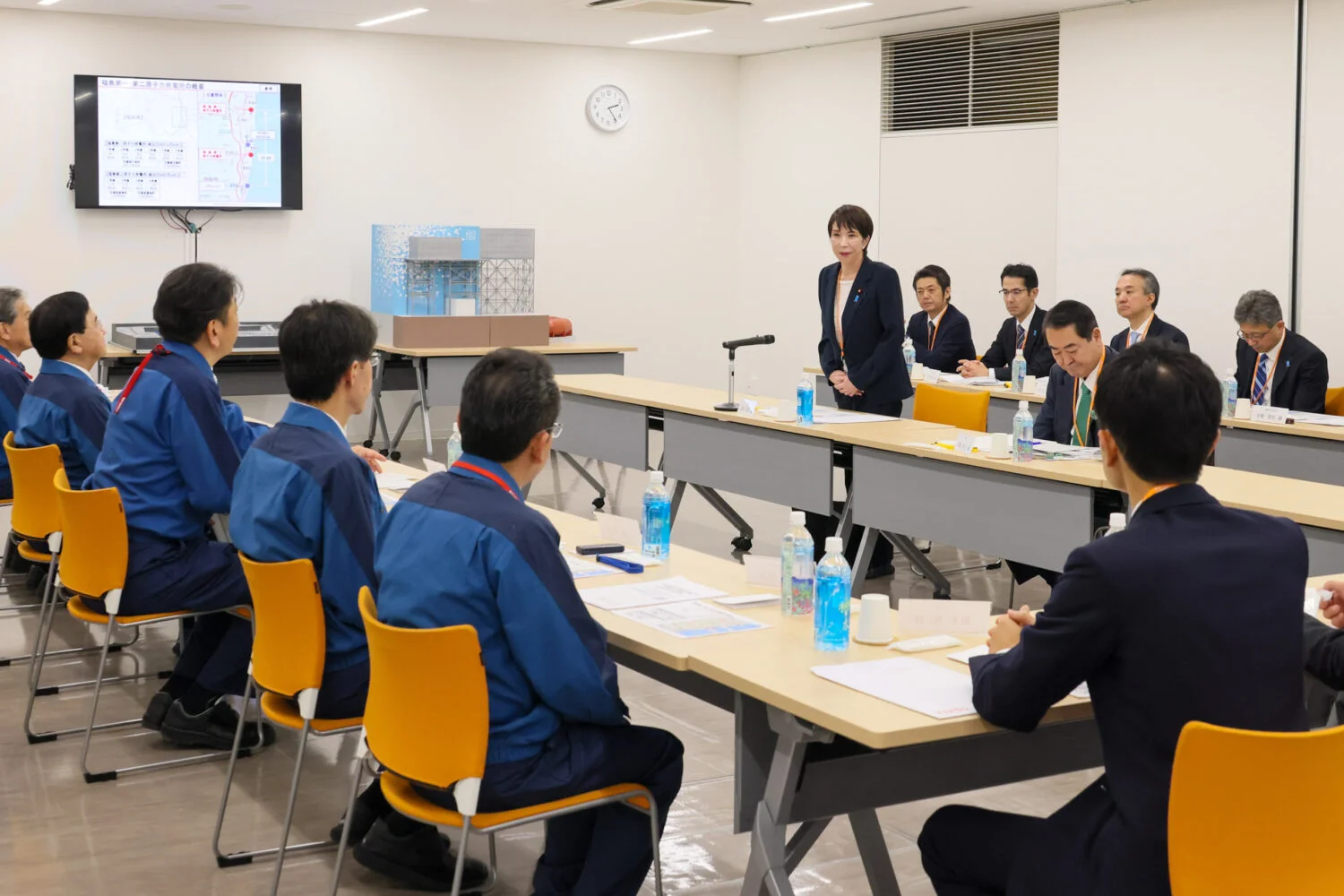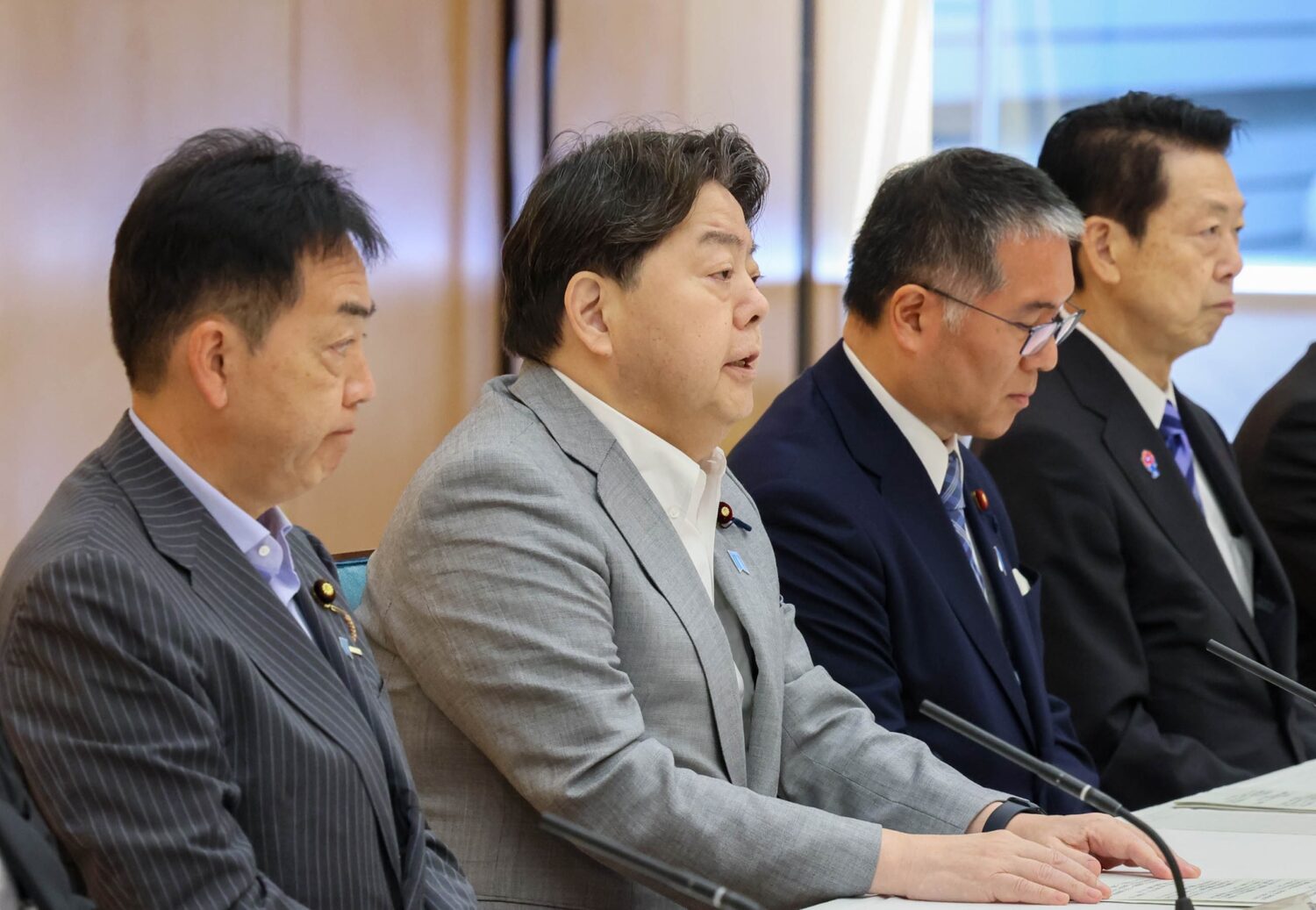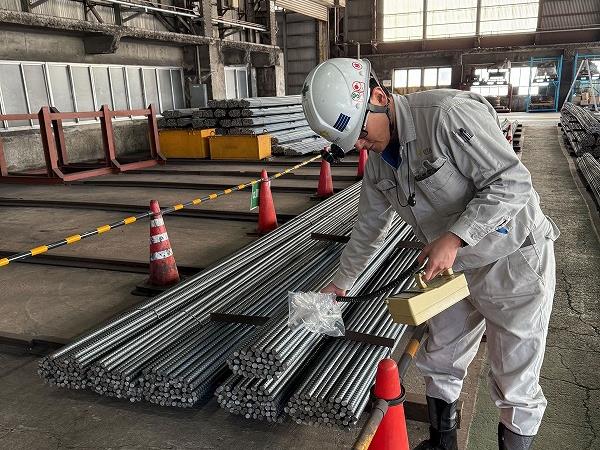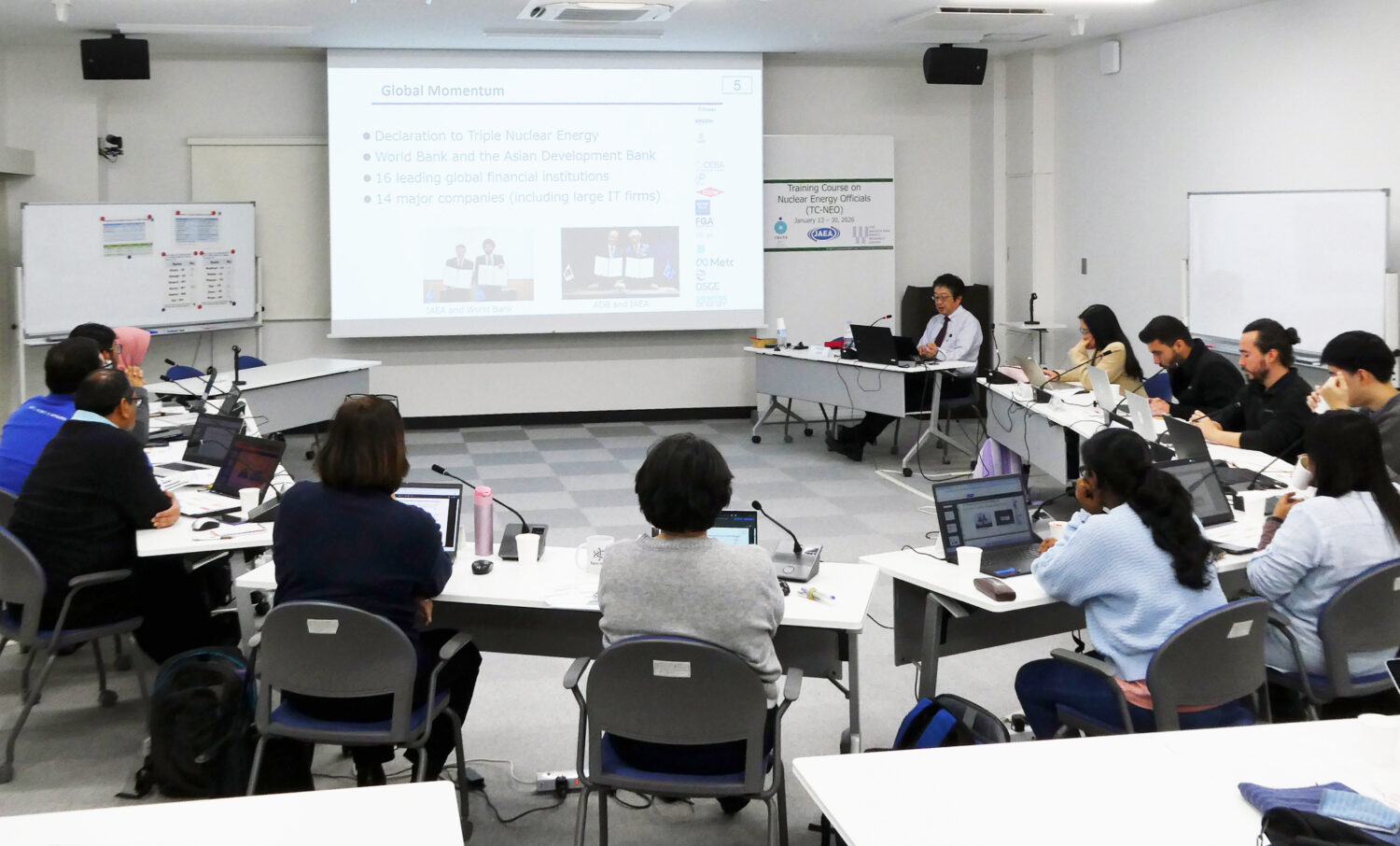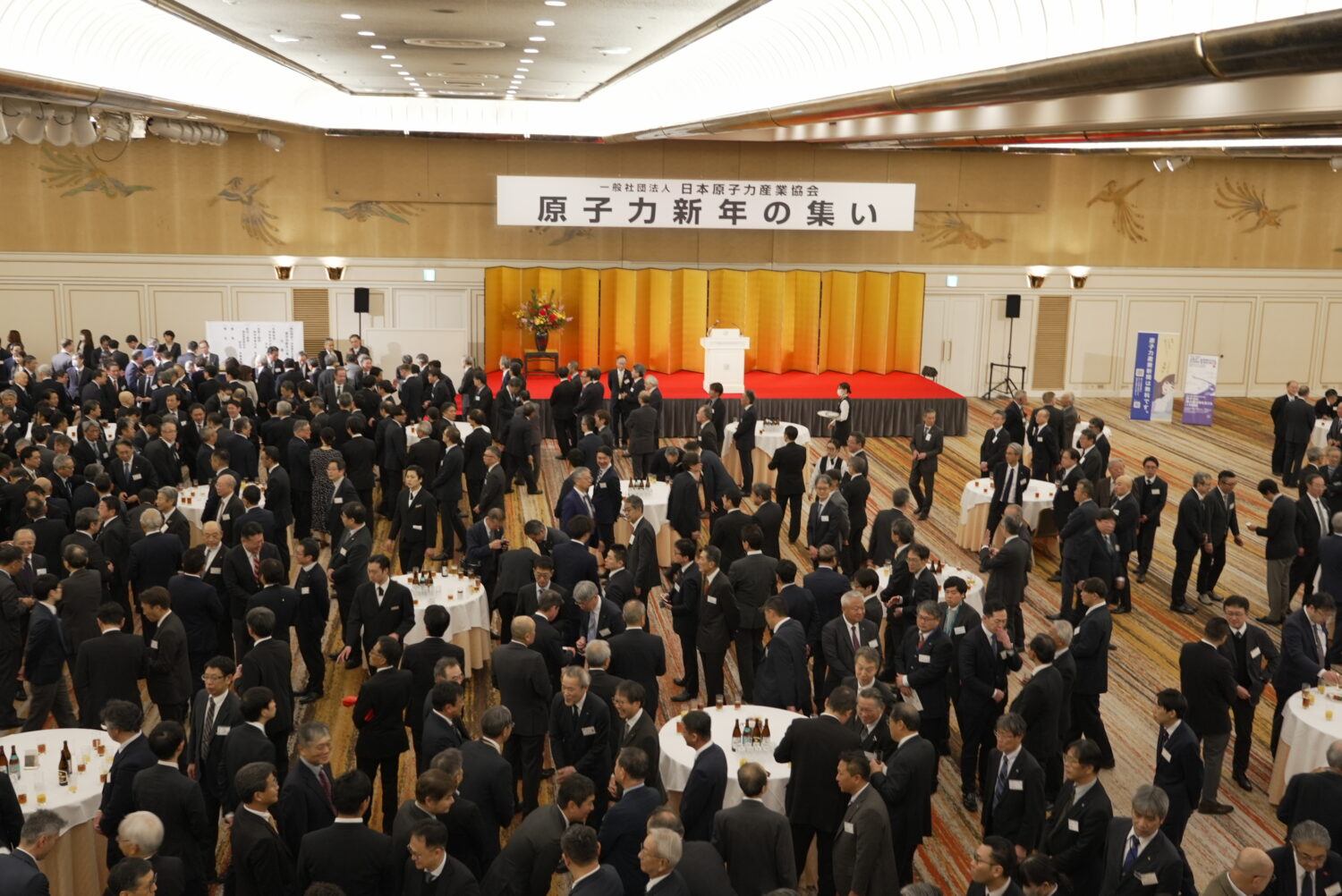At the symposium, four women professionals — from the fields of neuroscience, medicine, law, and social psychology — discussed ways of communication that would lead to a greater understanding of nuclear power.
The keynote speech at the symposium was delivered by Ihoko Kurokawa, chief executive of Kansei Research Inc. With her experience in designing artificial intelligence, she focused on the differences in men’s and women’s brain structure. She pointed out that treating the brain as a device shows significant differences between men’s and women’s brains insofar as their circuit structures and signal characteristics are concerned.
For instance, the response of most men when told by their wives, “I don’t know why, but my back hurts today,” would be, “Did you go see a doctor about it?” They are probably saying that out of a sense of concern, at least from their perspective, but for the wives, nothing could be so cold as such a statement.
If the same conversation were held between two women, meanwhile, it would go more like this: first, when told about her friend’s sore back, a woman would echo the other’s words, saying, “Oh, your back hurts?” Then she would follow by saying, “How tough that must be for you.” For women, the “engine oil” of sympathy works best, Kurokawa said.
According to her, women excel in playing things by ear, so to speak, adapting to circumstances as they occur, and noticing even the most minor changes in what is important. That is because their right and left brains — the first used for feelings, and the second for verbal expression — frequently work in coordination. In an instant, women can put into play information gathered over several years of chatting and the like, so what they say and do may appear abrupt to men.
On the other hand, men’s brains work by separating the functions of the right and left brains and using them both thoroughly. Men tend to ignore changes that happen before their very eyes, and instead seem to be able to take a broad perspective and accomplish things. Kurokawa pointed out that a mutual recognition of such differences between men’s and women’s brains would produce an unbeatable combination.
Her keynote speech was followed by a panel discussion moderated by Seiji Hasegawa, head of the science department of the Yomiuri Shimbun (a major newspaper in Japan). The discussion dealt mainly with the issue of how to communicate with society.
The four panelists — female professionals in the fields of neuroscience, medicine, law, and social psychology — all answered this question posed by Hasegawa: “When thinking about how to provide information to society, what kind of communication is necessary?”
Ms. Kurokawa: The initial response of women when seeing someone on the train loaded down with a lot of packages tends to be to lend him or her a hand. The same goes for larger issues, even energy. For problematic matters, it would thus be the most effective to be frank and say to women straight out, “This is where we need help.”
Dr. Sae Ochi (head of internal clinical department, Soma Central Hospital): Taking a look at medical offices and other places, I find that female nurses tend to work the most pleasantly in those departments where the doctors “spoil them well,” without detracting from the chain of command. If I may dare to think about men and women differently, I would say that it may be better for male society to have some conception about “being good at spoiling.”
Dr. Tamiko Nakamura (lawyer): If those who provide information want to win trust, it is very important for them to make transparent the processes of explaining (a) what the data are based on, (b) how they have been gathered, and (c) how they are being updated. For example, if the process of accumulating wisdom and knowledge is made visible, in the format of Wikipedia, then trust as a group will be maintained.
Dr. Mia Takeda (Associate Professor, Department of Liberal Arts, Aoyama Gakuin Women’s Junior College): If people are presented with a conclusion that has already been reached and told simply to understand it, there is little chance that they will feel part of the process. However, if they can gain the awareness of being able to change things if they act, and if they feel their lifestyles are at stake, then they will have greater motivation to participate. Furthermore, if people can be made to think that it is not useless to listen, then developing interactive solutions can be good, such as employing Twitter and the like.
Hasegawa, from his experience handling information at the time of the accident at the Fukushima Daiichi Nuclear Power Station, pointed out that communication about nuclear power in the past has tended to center on men’s perspectives, with information sometimes perhaps having been handed down “looking down from the top.” He closed the discussions by saying that it is important to think about women’s perspectives so as to get people to think that they are involved, and to that end, it is also important to continue the dialogue between a variety of sensibilities and to share values.



